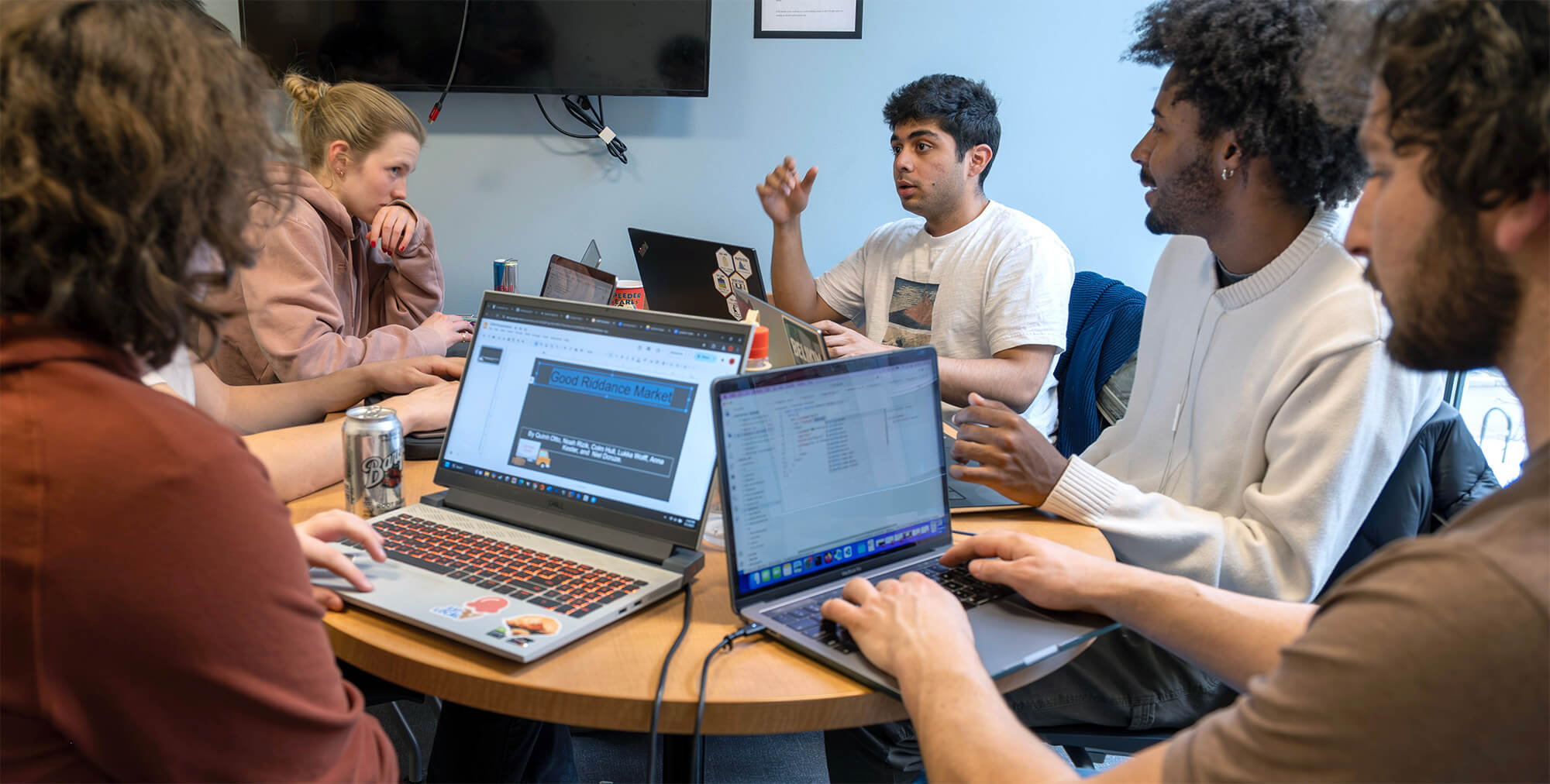Program Overview
As science and engineering increasingly rely on simulations, data analysis, and modeling, understanding how to design efficient algorithms and use high-performance computing becomes critical. Scientific computing bridges the gap between theoretical knowledge and practical application, enabling breakthroughs in fields like climate science, bioinformatics, physics, and engineering. Moreover, it fosters analytical thinking and interdisciplinary collaboration, making graduates valuable in both academia and industry where data-driven decision-making is key.

With the continuous improvement of computer speeds and wider availability of supercomputer clusters, many important problems in science and engineering can now be solved. But solving them requires a range of computing skills. The Micro-Certificate of Graduate Study in Scientific Computing (mCGS-SC) program will equip students with the tools and skills needed to solve complex real-world problems through computational methods.
Students completing the program will acquire an in-depth knowledge of numerical methods for scientific computing, their implementations (including coding), and their applications to real-world problems in science and engineering. This foundation in the theoretical and practical skills of scientific computing, will better prepare graduate students for a wide range of job opportunities in the public sector, industry, and academia.

